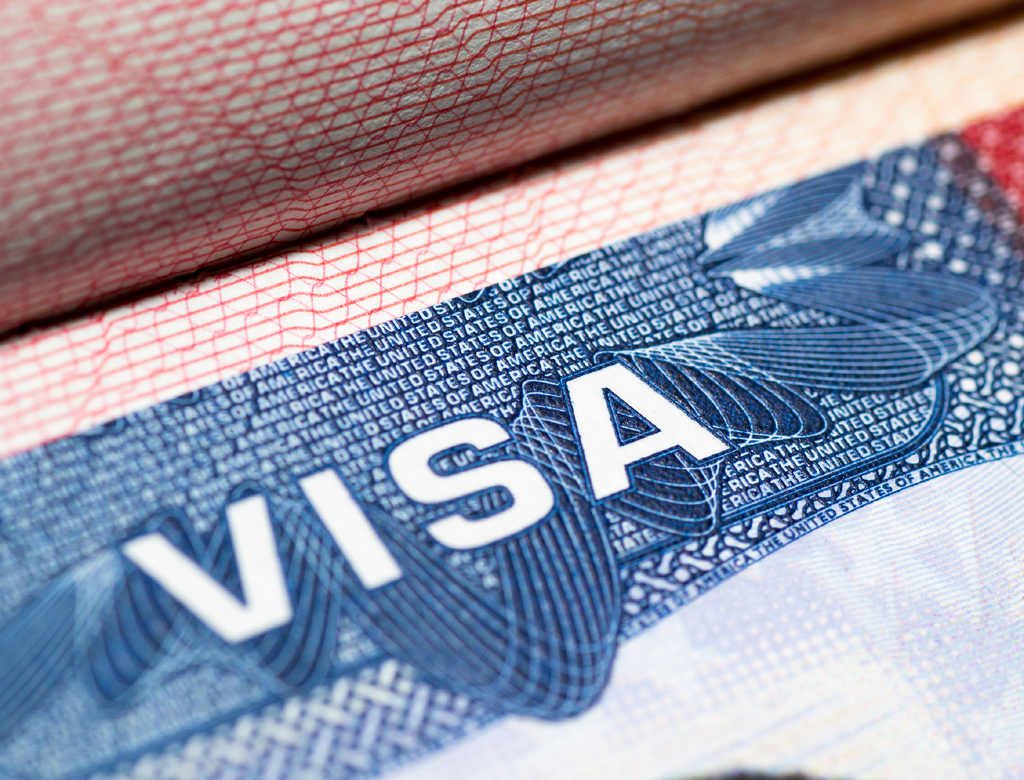
6 nations' passports strongest; visa-free access to 194 states
LONDON, January 11, 2024
Four EU member states -- France, Germany, Italy, and Spain -- join Japan and Singapore in having the most powerful passports in the world, with their citizens able to visit an astonishing 194 destinations out of 227 around the globe visa-free, according to a new study.
The 2024 Henley Passport Index ranks all the world’s passports according to the number of destinations their holders can access without a prior visa. It is based on exclusive and official data from the International Air Transport Association (IATA).
Japan and Singapore have dominated the first place on the index (which ) for the past five years.
The UAE remains the biggest climber on the Henley Passport Index over the past decade, adding an impressive 106 destinations to its visa-free score since 2014, resulting in a massive leap of 44 places in the ranking from 55th to 11th position.
Dr Christian H Kaelin, Chairman of Henley & Partners and the inventor of the passport index concept, says although the general trend over the history of the 19-year-old ranking has been towards greater travel freedom, the global mobility gap between those at the top and bottom of the index is now wider than ever.
“The average number of destinations travellers are able to access visa-free has nearly doubled from 58 in 2006 to 111 in 2024. However, as we enter the new year, the top-ranked countries are now able to travel to a staggering 166 more destinations visa-free than Afghanistan, which sits at the bottom of the ranking with access to just 28 countries without a visa.”
Asian tiger South Korea joins Finland and Sweden in second place with visa-free travel to 193 destinations, and another four EU nations — Austria, Denmark, Ireland, and Netherlands — share third place with access to 192. The rest of the Top 10 is largely dominated by European countries, with the UK climbing up two ranks to fourth place with visa-free access to 191 destinations compared to just 188 a year ago.
Australia and New Zealand passport holders both improve their ranking to sit in sixth place with 189 visa-free destinations, while the US retains its sevent place with access to 188 destinations without requiring a visa in advance. It has been a decade since the UK and the US jointly held the first place on the index in 2014.
Biggest climbers and fallers
Ukraine and China are among the Top 5 countries with the most improved rankings over the past 10 years (a net total gain of 21 places each), and both have climbed a further two ranks in the past year. Ukraine is now in 32nd place with 148 visa-free destinations and China is 62nd on the ranking with access to 85 destinations without a prior visa (compared to just 44 in 2014). While Russia has seen a net gain of 24 destinations over the past decade, its visa-free score and ranking has barely shifted since 2017, and it now sits in 51st place with access to 119 destinations.
Frédéric Léger, IATA’s Senior Vice President Commercial Products and Services, says with passenger traffic set to double by 2040, the optimisation and enhancement of airport processes will need to continue. “Checking and verifying travel documents more often than not needs to be performed manually. With the expected continued growth in air travel, this task needs to be automated to a much higher degree. Passengers have clearly communicated that they are willing to share their data in advance of travel to achieve this goal. Building on IATA’s long-standing experience in collecting and making accurate travel document, visa and health information available to both stakeholders in travel value chain and travelers, the new version of Timatic AutoCheck offers various online solutions, through which travelers can check that they comply with all travel requirements before setting off to the airport.”
Key global mobility and migration trends in 2024
Commenting in the Henley Global Mobility Report 2024 Q1, released today alongside the latest Henley Passport Index, award-winning journalist and author, Misha Glenny, says there’s only one piece of advice needed in the new year: Brace yourself for more uncertainty.
“In 2024, 40 countries making up over 50% of global GDP will undergo decisive elections, including the US and several other major powers. Political trends point to a lack of geopolitical coordination heightening the risk of prospective shocks to an already precarious economic environment. The general trend, however, remains steady. A decline in American and European influence and a jostling for power among the Asian big boys.”
Turning to the Middle East, Dr Robert Mogielnicki, a Senior Resident Scholar at the Arab Gulf States Institute in Washington, says despite the “devastating effects” of the Israel–Hamas conflict, governments in the Gulf Cooperation Council (GCC) region hope to continue the economic momentum of 2023 in the year ahead.
“The GCC has agreed to establish a Schengen-like visa system, enabling tourists to travel seamlessly throughout the region. While more work on implementation needs to be done throughout 2024, the planned enhancements to regional mobility will produce positive spillovers to the smaller Gulf states of Bahrain, Kuwait, Oman, and Qatar. The GCC’s Unified Tourist Visa project serves as an important example of subregional integration and connectivity — a process that would be extremely difficult to replicate across the broader Middle East and North Africa.” -TradeArabia News Service








